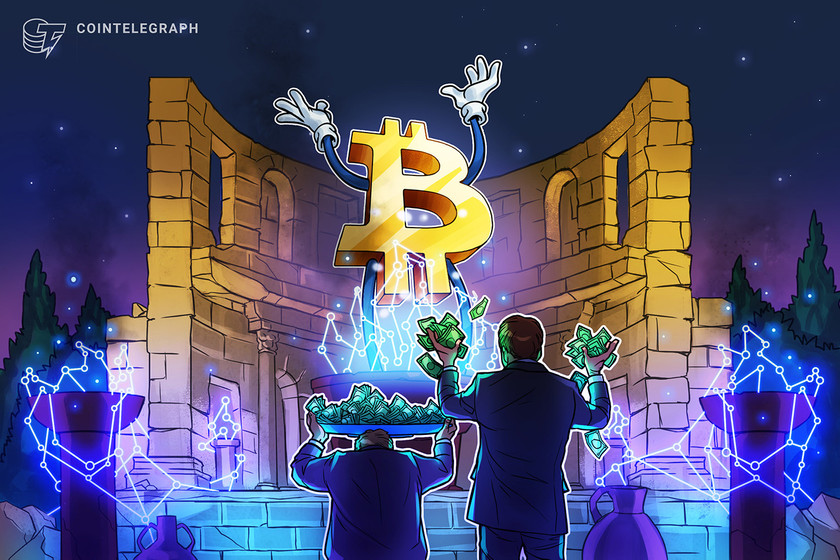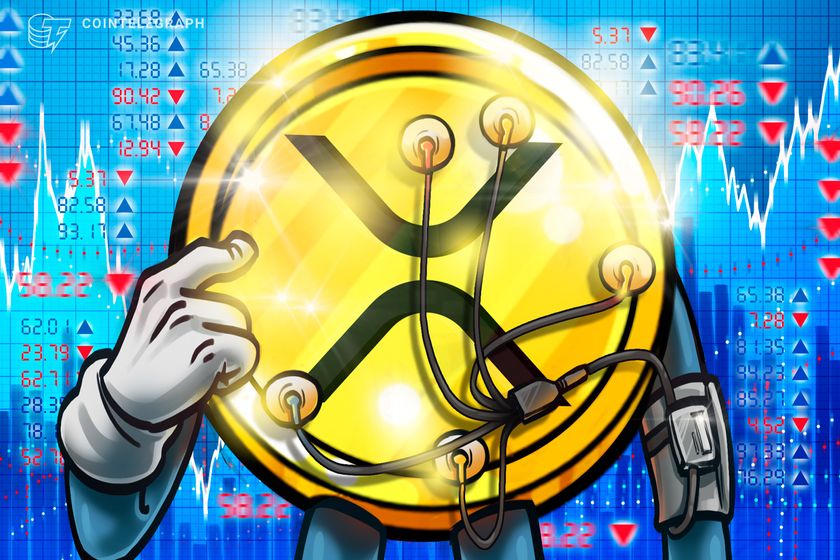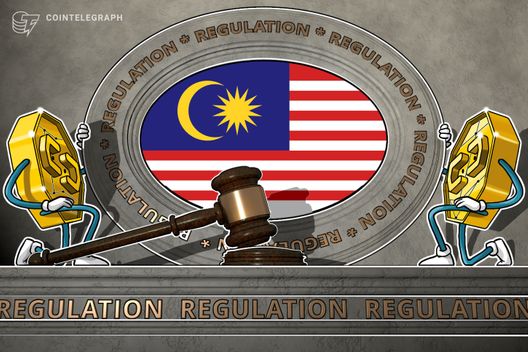Binance unlikely to enter Japan in 2020 after negotiations fail
A spokesperson for Tao Tao said it “could not agree on a strategy” with Binance.

Japan-based digital asset trading platform Tao Tao ended negotiations with Binance, setting back the timeline for the crypto exchange to launch trading services for users in the Asian nation.
According to an Oct. 5 update from Tao Tao, the platform stated it had “decided to end negotiations” with Binance after nine months. Binance had been discussing a collaboration with the digital asset trading platform as well Z Holdings’ daughter company Z Corporation — formerly Yahoo Japan — since Jan. 17 as part of its goal to enter the Japanese market. The digital asset trading platform is currently licensed by the country’s Financial Services Agency (FSA), while Binance is not.
Tao Tao did not provide specific details regarding how the negotiation had ended, but a spokesperson told Cointelegraph Japan that the platform “could not agree on a strategy” with Binance.
The exchange announced in January it would be restricting access to residents of Japan at an unspecified date, purportedly in response to an increasing number of regulations in the country. Binance was previously headquartered in Japan after leaving China in 2017, but stayed less than a year before relocating its offices to Malta.
The move followed Japanese regulators at the FSA issuing a warning to the exchange in 2018 for operating without a license. In addition, modifications to crypto regulations through Japan’s Payment Services Act and Financial Instruments and Exchange Act were scheduled to come into effect starting in Q2 2020.
Amid these regulatory changes, crypto derivatives exchange BitMEX closed its services to Japanese residents in May. However, Kraken announced in September that it would be returning to the country after two years, following regulators granting a permit to its Japanese subsidiary Payward Asia to operate as a crypto asset exchange service provider.
Cointelegraph reached out to Binance, but did not receive a response at press time.









